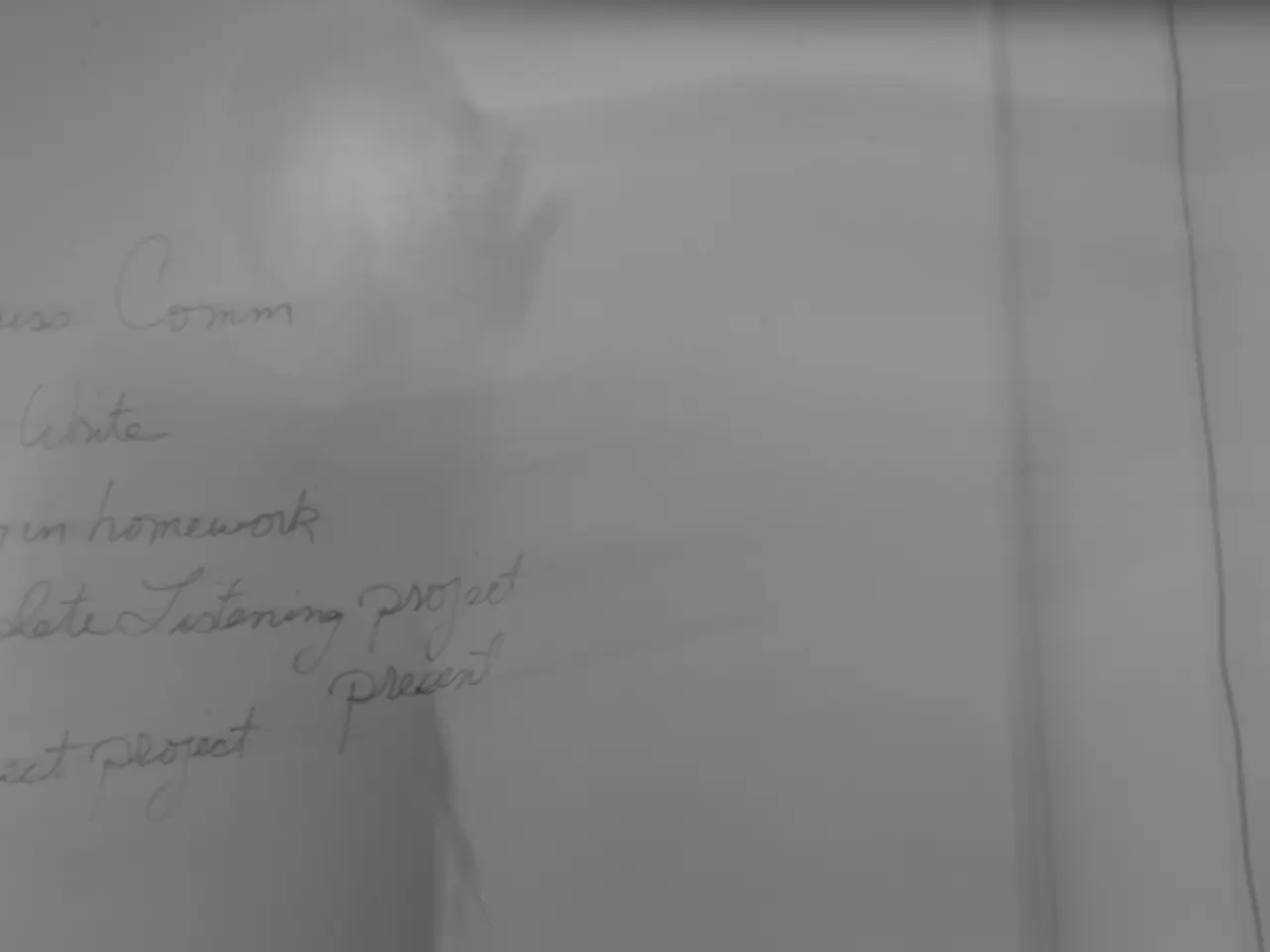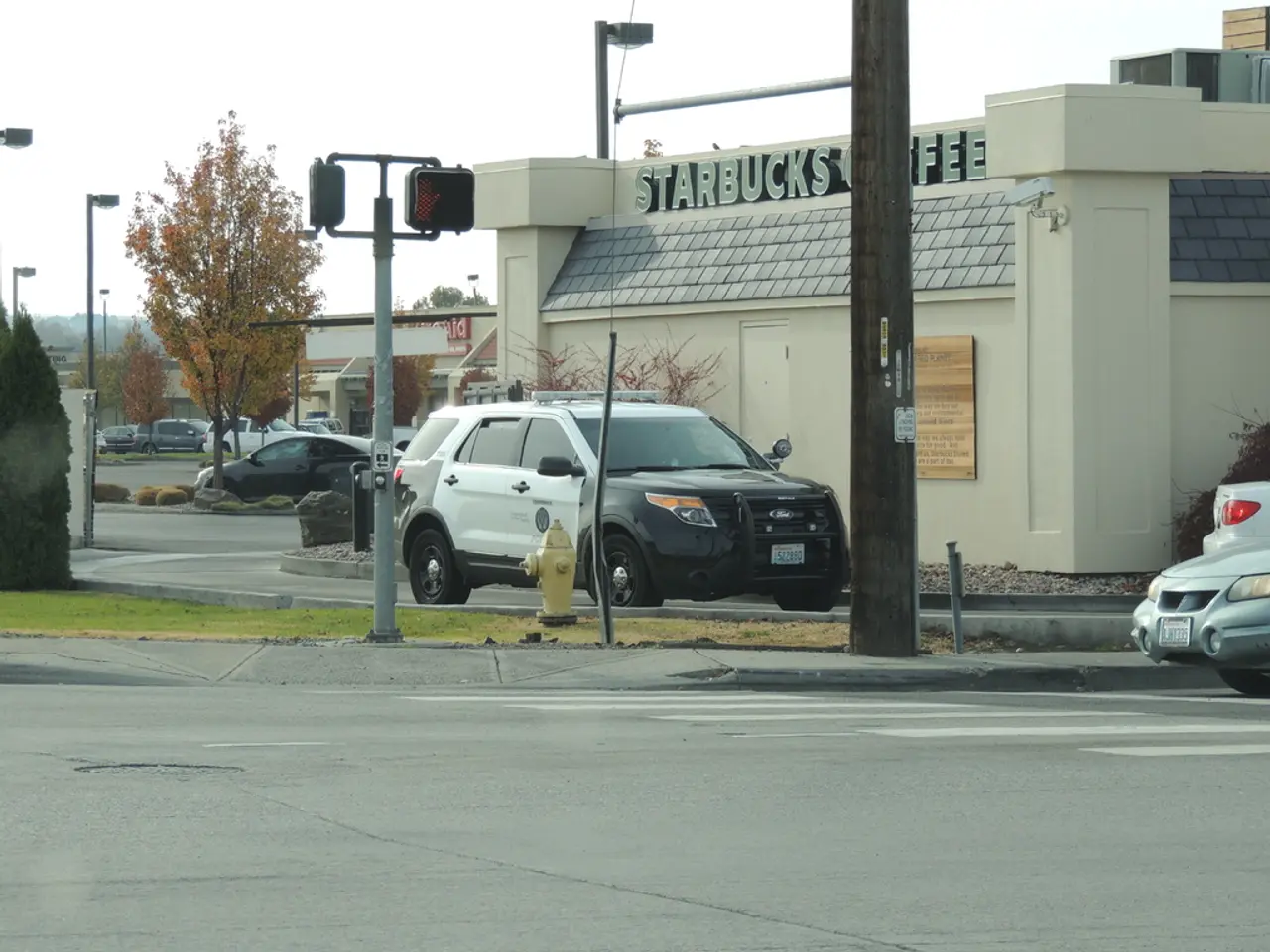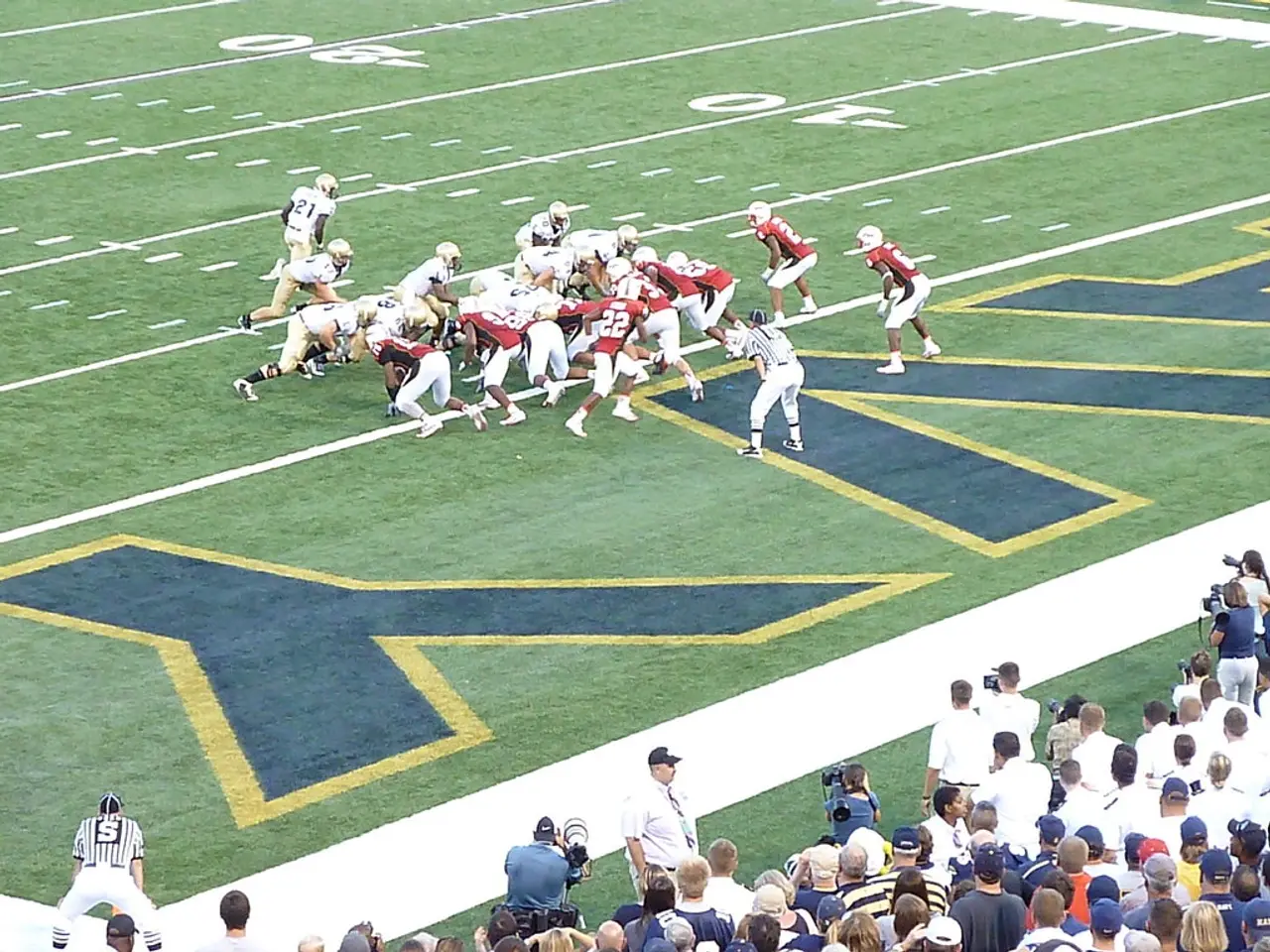New York legislators refusing to convene a special meeting to challenge Trump's budget reductions.
New York Faces Unprecedented Federal Cuts: Call for Special Legislative Session
New York is bracing for a significant financial challenge as federal cuts to Medicaid and the Supplemental Nutrition Assistance Program (SNAP) loom. The state is estimated to face a conservative $750 million funding loss, with potential annual costs of $1.1-$1.2 billion for SNAP and Medicaid shortfalls.
Patrick Orecki, director of state studies at the Citizens Budget Commission, and Nathan Gusdorf, the executive director of the Fiscal Policy Institute, have both emphasized the need for action to address these cuts. While Orecki is less insistent about the necessity of a special legislative session, he acknowledges that it could speed up complicated discussions. Gusdorf, on the other hand, has strongly advocated for a special session to debate and implement solutions.
The potential solutions for offsetting these cuts include increasing state funding, advocating for policy changes at the federal level, and exploring adjustments to state health and social service programs. Governor Kathy Hochul has already convened cabinet meetings to address the devastating impacts of these cuts, highlighting the need to fund about a 15% state share of SNAP benefits starting in 2027.
If left unaddressed, these cuts could potentially remove coverage from over 2 million New Yorkers, leading to increased uncompensated care costs estimated at $3 billion annually and hospital funding losses of $8 billion. This, in turn, could force cuts to critical services.
The urgency of the situation is underscored by the fact that starting April 1, the funding loss will balloon into a recurring, multibillion-dollar hole. In light of this, advocates are urging leaders to host a special session to discuss managing the funding cuts.
It's worth noting that New York is one of 37 states where special sessions can be called by either the governor or the legislature. Governor Hochul has previously convened a special session in June 2022 to discuss gun safety in response to a Supreme Court decision.
As the state grapples with these unprecedented cuts, the lack of a clear vision for what comes next from top legislators and Governor Hochul is concerning. Fiscal experts stress that this hole can't be resolved by stopgap measures and will require the state to take decisive action: slash spending, raise revenue, or both.
In summary, the state faces a significant financial challenge due to federal cuts to Medicaid and SNAP. A special legislative session is strongly recommended to debate and implement solutions for these cuts, focusing on budget realignment to absorb increased state costs, strategies to protect vulnerable populations, and negotiations with federal authorities.
- New York might need to implement strategies like increasing state funding, advocating for federal policy changes, or adjusting health and social service programs due to the upcoming Medicaid and SNAP funding shortfalls.
- Governor Kathy Hochul has already initiated cabinet meetings to tackle the detrimental effects of these cuts, acknowledging the need to fund about a 15% state share of SNAP benefits starting in 2027.
- If not addressed, these cuts could result in the loss of coverage for over 2 million New Yorkers, leading to annual uncompensated care costs estimated at $3 billion and hospital funding losses of $8 billion, potentially forcing cuts to essential services.
- The funding loss is anticipated to escalate from April 1, transforming into a recurring, multibillion-dollar gap.
- In light of this predicament, advocates urge authorities to convene a special session to debate and implement solutions for managing these funding cuts.
- It's important to remember that New York, like 36 other states, allows the governor or the legislature to call for a special session. Governor Hochul has previously convened a special session in June 2022 to discuss gun safety. However, the lack of a clear vision for solutions from top legislators and the governor remains concerning.








